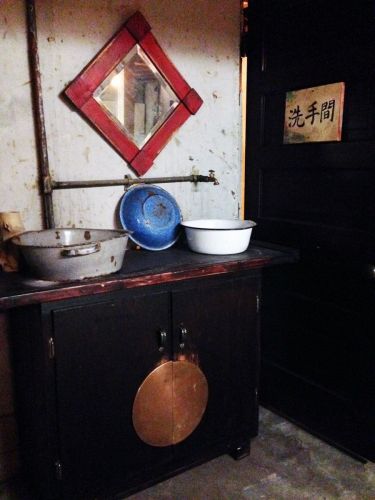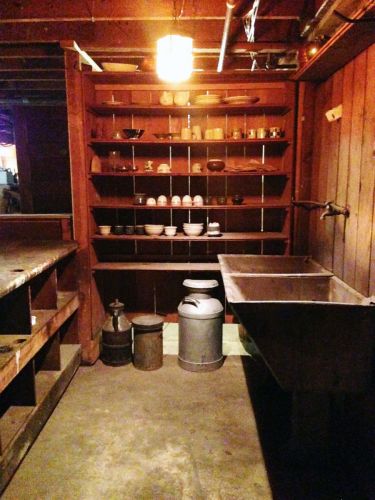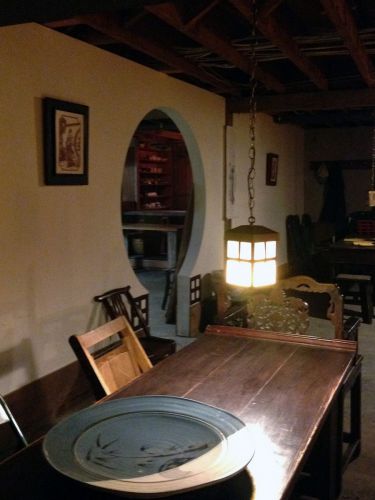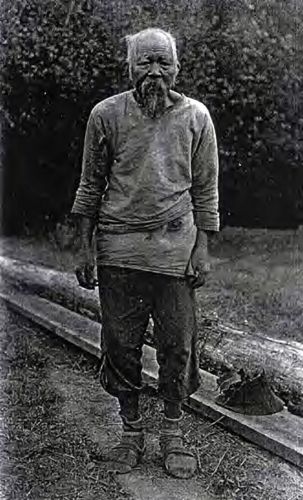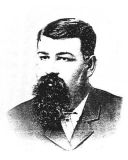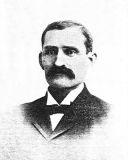Chinese Immigrants in McMinnville
At a glance…
1820: The first Chinese immigrants came to the U. S.
1848: Gold was discovered in California which drew more Chinese men to America. The Chinese population in Oregon grew from 450 to 2,716 between 1850 and 1851
1882: The Chinese Exclusion Act forbade Chinese workers to enter the U. S. as Chinese were denied citizenship. Population in Oregon fell from 10,000 to 2,000 between 1890 and 1930
1965: The 1965 Immigration Act encouraged Chinese immigration to the U. S.
The basement of the Old Elks Building housed a Chinese restaurant from 1908 to 1920. The basement covers an area of about 9,000 square feet. Chinese immigrants who came to Oregon were forced into the most dangerous jobs and were generally mistreated.
Until 1964, many Oregon cities, including McMinnville, prohibited Chinese residents from operating businesses within the city limits. Some Chinese residents operated brothels, gambling parlors and opium dens like the one in the basement of the Old Elks Building. It also provided a place for traveling Chinese to sleep. A number of stoves, sinks, and washtubs used by the Chinese were found in the basement area (this area of the building is not open to the public).
Asians were forbidden to own property within McMinnville city limits. Many Chinese men were hired temporarily for long hours and little pay. Chinese men were from the Guangdong Province and spoke Cantonese. Diet consisted of primarily rice and dried fish.
Louie Loy, aka “Chinaman,” was born in China in 1826. He lived in Yamhill County for 54 years in a shack along the North Yamhill River. Loy died in 1930 at age 104.
“But you know McMinnville did have a dark side.…Not only that, but there were other things. We had a family that owned a restaurant in town. They were Chinese and not allowed to live here.…It’s good to talk about all the positives, but we have to recognize that we weren’t perfect, and the fact that we went along with it…” —Verne Duncan and Laurel Adams
Interesting Fact
Ah Bing immigrated to the United States and went to work in the orchards owned by the Lewelling family in Milwaukie, Oregon around 1855. He worked as a foreman in the Lewelling family fruit orchards for nearly 35 years, supervising other workers and caring for trees. He went back to China in 1889 for a visit. Due to the restrictions of the Chinese Exclusion Act of 1882, which was renewed in 1892, he was never able to return to the United States. The very popular Bing Cherry was named in his honor.



